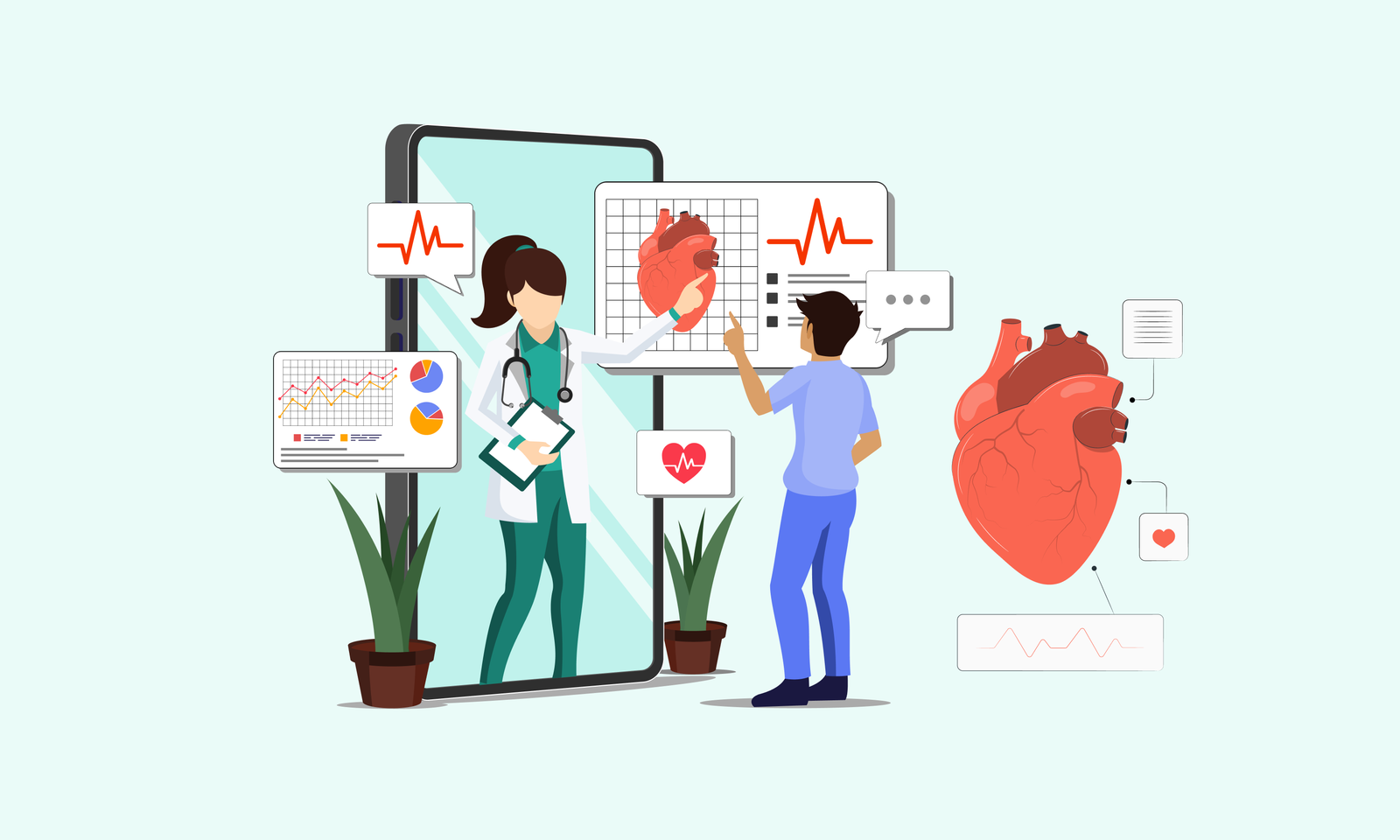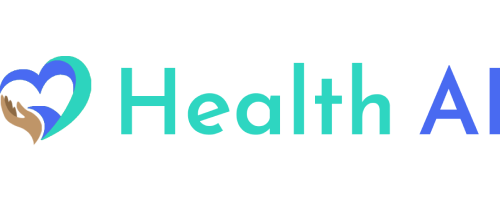
Despite the fact that heart diseases still remain at the top among the causes of mortality all over the world, the application of Artificial Intelligence, in Cardiac Care With AI, plays a novel medical technology, promises advancements in the area of the diagnosis and toll-free personalized treatments and preventive care. AI applications in the health sector are endless, ranging from patient assistance to record maintenance. It did, completely, change how doctors diagnose, treat, and monitor their patients. Besides, it also has the possibility to intensely make the research procedures better. Thus, the diagnoses will be more accurate, than ever before
The Growing Issue of Heart Diseases
The matter of heart disease cannot be stressed enough on the global axis. Cardiovascular diseases that is stated in a report of the World Health Organization are almost 17.9 million every year, which equals 31% of all deaths in the world, as it is said. The risks that occurrence of such diseases as sedentary lifestyles, fatty food and stress have gone on up due to this tendency.
With cardiologic care adapting to the problems of its patients successfully in the past, now, the growing burden of heart diseases beckons to be treated with the new breakthroughs. with this Solutions, not only by the automation of processes, but by changing the entire procedure of detecting, treating, and managing heart conditions.
Remote Monitoring Devices
The creation of wearable devices with heart health monitoring capabilities is one of the biggest technical advances in cardiac care. Vital indicators including heart rate, blood pressure, and oxygen saturation may be tracked by devices like heart monitors and smartwatches.
These devices enable prompt action in the event of anomalies by providing real-time data to the patient’s healthcare professional. Through the provision of continuous monitoring outside of clinical settings, these devices enable patients to actively manage their heart health and furnish physicians with crucial information to facilitate well-informed decision-making.
Telemedicine in Cardiology
The healthcare sector has seen a revolution thanks to telemedicine, and its use in cardiology is particularly exciting. Cardiologists may evaluate patients, go over diagnostic information, and propose courses of therapy virtually, all without having to make in-person appointments. Patients in rural locations who might not have easy access to expert cardiac care can especially benefit from this.
Frequent follow-ups are essential for managing chronic cardiac problems, and telemedicine makes this possible. Patients may now arrange online consultations at their convenience thanks to the growth of telemedicine services. For instance, systems such as HealthAi cardiology services provide quick access to board-certified cardiologists and individualized treatment regimens.
Personalized Treatment for Heart Disease
The emergence of customized medicine is among the most exciting advancements in the field of cardiac care. Thanks to genetic testing and biomarker analysis, medical professionals may now customize a patient’s therapy to match their specific genetic profile. By doing this, any negative effects are reduced and the effectiveness of the therapy is guaranteed.
For instance, depending on a patient’s genetic makeup, some cardiac problems could react better to particular kinds of drugs or therapies. Cardiologists can enhance patient outcomes and treatment efficacy through the use of tailored medicine.
Future of Cardiac Care
A multidisciplinary strategy that incorporates many technology to deliver all-encompassing treatment is the way of the future for cardiac care. Healthcare practitioners may deliver a more precise, effective, and patient-centered approach to treating heart health by integrating remote monitoring, telemedicine, sophisticated diagnostics, customized therapies, and AI-powered technologies.
Improved access to care, early diagnosis, and more individualized treatment choices are what this implies for patients. These technologies give healthcare professionals the resources they need to keep on top of a quickly changing industry and guarantee the best results for their patients.
Make an appointment with a cardiology specialist if you want to remain on top of heart health issues and benefit from the most recent technology developments. Platforms such as HealthAI provide individualized consultations with top cardiologists and easy online booking.
Conclusion
The nexus between technology and healthcare, especially in the context of cardiac care, is a dynamic and promising area. Though AI has played a major role in this development, the future of heart health is really being driven by a wider range of cutting-edge technology. The delivery of more precise, efficient, and individualized cardiac care to patients is being enabled by advancements in robotic-assisted operations, tailored medication, and remote monitoring devices. There is hope for the future and a new era in heart health care with ongoing breakthroughs.







